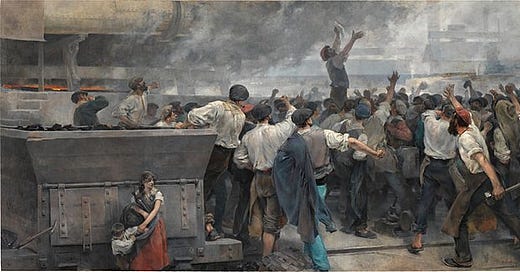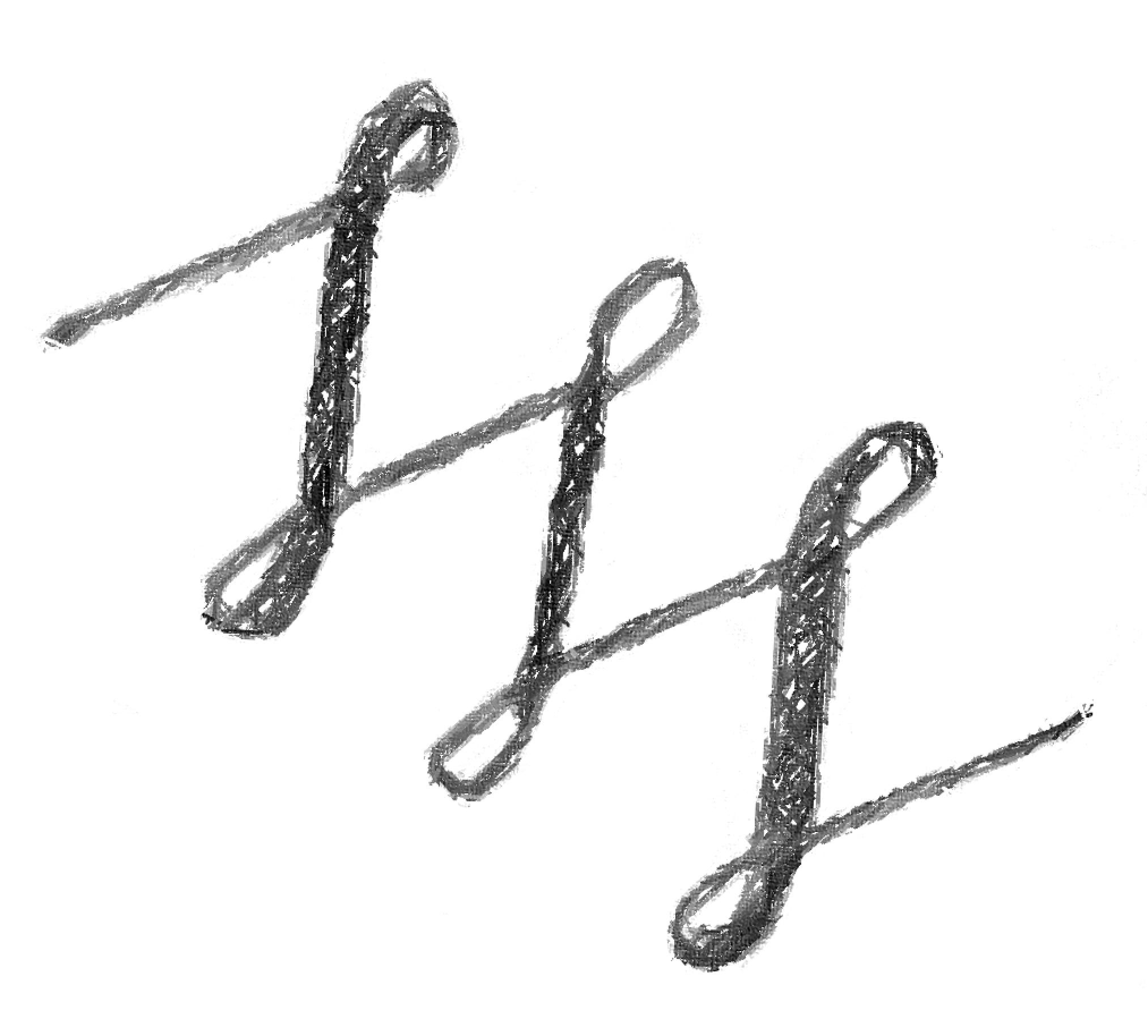Hi all,
Thank you for joining me for today’s song, “A la huelga (To the strike!)”, lyrics by Chicho Sánchez Ferlosio, performed by Rolando Alarcó If you’d like to hear the song before you read about it, I’ve included a YouTube video below the article.
Below, you’ll find my interpretation of the lyrics which are written in italics. Comments and questions are welcome. For Japanese students, vocabulary words in bold are provided in Japanese below. TOEIC (PBT) 450+, Eiken 2, CEFR B1.
Did you know you can listen to each article of “Social Issues in Song” on the Substack App? Download the app here:
A Spanish Workers' Song
(330 words)
The 1930s in Spain was a time of unrest and change. People were unhappy with how the land was owned and used. Many farmers worked on big farms called "latifundios” that were owned by rich landowners.
Farmers all over Spain had problems, not just on the big farms but also in forestry and other areas of agriculture. Many farmers wanted to change the way they worked and wanted better pay. They wanted to have their own land and better working conditions. They went on strike to show their anger. The government tried to create an agreement between the agricultural workers and the landowners. It also made some changes to how land was owned, and the number of strikes went down, but many landowners refused to follow the agreement.
A new government, called the Popular Front, took over, but the farmers were still going hungry because the government was not making changes fast enough. From 1936, groups that did not want any change at all in Spain rose up, and the Spanish Civil War began.
Strike, comrade; don't go to work
Leave the tool still, it's time to fight
Tens to the strike, hundreds to the strike, mother, I'm going, too
Hundreds to the strike, thousands to the strike
I’m going for them, mother, and they are going for me
Against the government of hunger, we are going to rise up
All the workers, shoulder to shoulder with bread
From the well and the plough, from the lathe and the loom
Long live the men of the people, to the general strike
All the peoples of the world will give us their hand
To return to Spain its lost freedom
"A la Huelga" shows the struggles of the Spanish working class before and during the Civil War. The song later became a symbol of resistance in other regions, including Latin America in the 1960s. Its message and why it was sung are clear: it was a rallying cry for workers’ rights.
Question:
Have there been strikes in your country? What were the issues? How were those issues resolved?
Vocabulary
unrest 乱れ
agriculture 農業
comrade 同志
tool 道具
plough 鋤
lathe 旋盤
loom 織機
resistance 反抗/反発
rallying cry スローガン
Spanish and English lyrics:
Source
Puche, J., & González Martínez, C. (2018, December 21). Strikes and rural unrest during the Second Spanish Republic (1931–1936): A Geographic Approach. MDPI. https://doi.org/10.3390/su11010034









